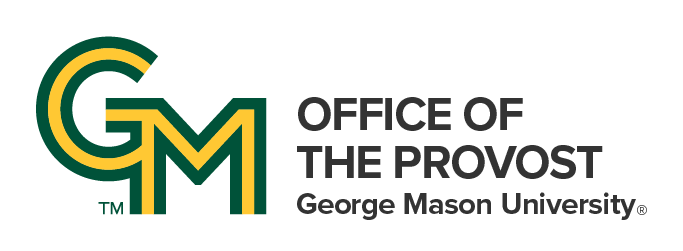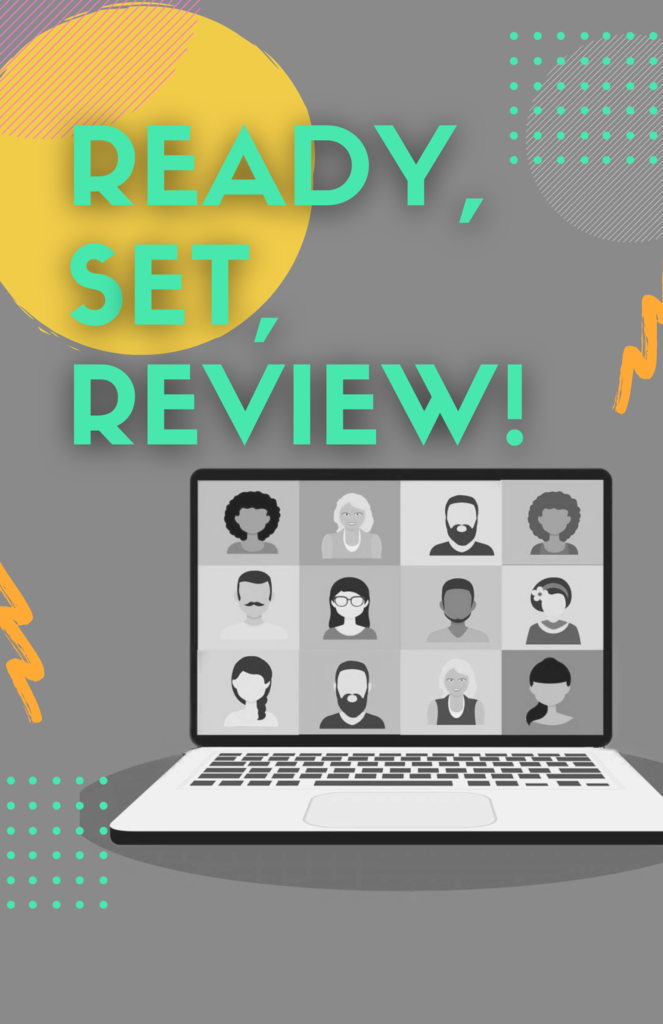Explore training schedules, webinar dates, and registration details.
The Review, Promotion, and Tenure (RPT) tool automates existing workflows and processes for faculty reappointment, renewal, promotion, and tenure into a unified content management system to streamline the RPT experience for both candidates and reviewers at all levels within one secure and configurable system.
Watch an Interfolio video demonstration of the RPT system and casebook life cycle.
"I really like this system and find it intuitive and useful. I think it's a good solution for Mason and allows for instructions and flexibility to be integrated."
George Mason Faculty Member
RPT Tool
Up to date web browser required.
Launch and Training
George Mason University invested in Interfolio's Review, Promotion, and Tenure (RPT) content management system to facilitate the renewal, promotion and tenure of tenure-line faculty, the new appointment and promotion of term faculty, as well as, the renewal and promotion of University Librarians. Candidates will continue to be evaluated in light of the missions of the university, which are teaching; research and scholarship, both theoretical and applied; and service (as defined in the Faculty Handbook).
Dossier
Dossier is an optional platform within RPT that can assist faculty in preparing for every phase of their academic career. Your personal Dossier offers tools to prepare for academic opportunities using cloud-based storage:
- Annual evaluation
- Renewal, promotion and/or tenure review
- Grant submission
- Etc.
All the documents collected and added to Dossier remain there for future use. Newly hired faculty can use Dossier upon hire, and faculty will retain access to Dossier even after the end of their time with the institution.
Please find tutorials below to manage your personal dossier:
Dossier Set Up
Please find tutorials below to set up your personal dossier:
How to Merge Multiple Dossiers
Users may end up with multiple Interfolio accounts due to working at a previous institution(s), applying to various positions, and being a letter writer for external evaluations. This tool has been designed to let users self-merge their multiple accounts.
Please find tutorials below to merge your personal dossier:
Roles and Access
There are five different roles in RPT. Each role has a different level of access to materials and actions within the system:
Administrator
System administrators are the end-users with the most power within Interfolio RPT. In addition to being able to access documents, e-mail candidates, and committees, and move a case forward or backward, Administrators are the only users who can create templates, forms, and cases for the units to which they have access. Administrators can also create users and standing committees. Administrators can exist at any organizational level in RPT and have the ability to perform administrative functions for all units within their administrative hierarchy. For example, an Administrator at a university will have access to settings, cases, and committees for all units at or beneath the university level, such as colleges, departments, and so on. Administrators will lose such access only when "recused" from a case at a particular workflow step.
Candidate
Candidates submit materials via the Review, Promotion, and Tenure (RPT) tool for peer review and evaluation of a candidate's individual achievement.
In accordance with Section 2.4.2 of the Faculty Handbook, Tenure-line Faculty will be evaluated in light of the missions of the University which are teaching, research, and scholarship both theoretical and applied and service. Although candidates are not expected to have equal levels of commitment or equal responsibilities in these areas, high competence is expected. Genuine excellence must be exhibited either in teaching or in research/scholarship. High competence must be exhibited in both areas. The primary consideration in the evaluation of the candidate's achievements will be the extent to which these continue to improve the academic quality of the university.
In accordance with section 2.3.3 of the Faculty Handbook, Term Faculty will be evaluated for appointment based on quality of performance and departmental resource needs and commitments, including enrollment trajectory considerations.
Committee Manager
Committee Managers possess all of the capabilities of Committee Members, plus a few more. Most noticeably, Committee Managers have the power to move a case either backward or forward after a committee has finished reviewing. In addition, Committee Managers have communication powers within the system; they can e-mail both the candidate and committee members from within the product and can record committee votes in the program. In order to make a user a Committee Manager, an Administrator must manually select them to serve this role.
Committee Member
Committee Members are end-users that must be added to a committee and/or case review step in order to view a candidate's packet and related documents.
External Evaluator
External Evaluators are recognized experts in the candidate’s field or fields and can speak to the quality and impact of the candidate’s collective work. These end-users must be invited to review case materials by an Administrator or Committee Manager through a system generated email request.
Tool Kits & Reference Materials
Tool Kits empower end-users to create, complete, route and review casebooks through the full renewal, promotion and tenure review life cycle.

